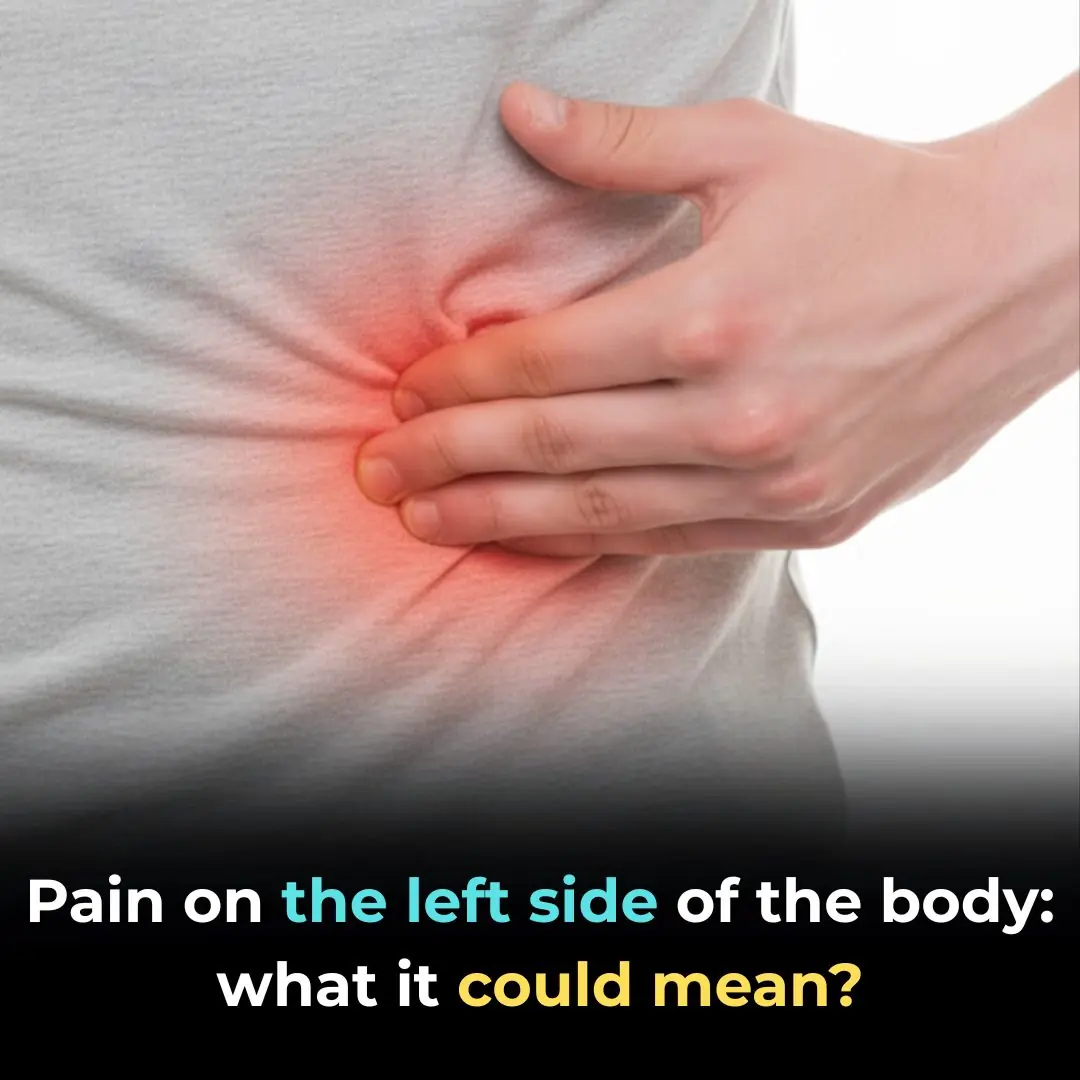
These are the consequences of sleeping with the…
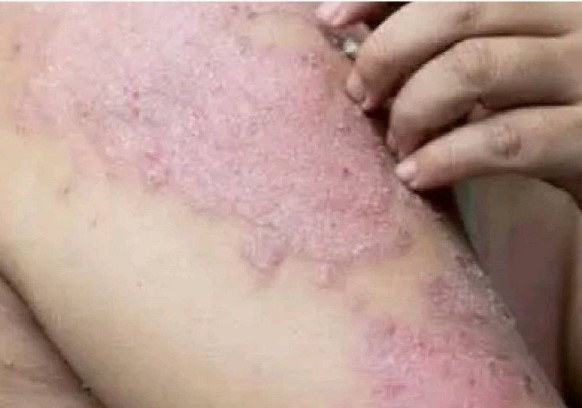
In recent years, health experts have emphasized the importance of awareness around human papillomavirus (HPV). It is one of the most common viral infections worldwide, affecting both men and women. Yet, conversations often focus only on women’s health, overlooking the fact that men, too, are impacted by HPV and its potential long-term consequences.
HPV is often referred to as a “silent” virus. Most people do not realize they have it because symptoms rarely appear. However, its presence can still cause health issues later in life. By increasing awareness, encouraging vaccination, and practicing preventive measures, men can significantly reduce their risks while also protecting their partners.
This article takes a closer look at what HPV is, how it spreads, why it matters for men, and the proactive steps that every individual can take to safeguard their health.
What Is HPV?
HPV stands for human papillomavirus, a group of more than 200 related viruses. Some types are considered low-risk and may cause mild skin issues, while others are classified as high-risk and are linked to certain cancers.
Health authorities estimate that almost every sexually active person will be exposed to HPV at some point in life. While the body’s immune system often clears the infection naturally within one to two years, persistent strains can lead to more serious health outcomes.
Why Men Should Be Concerned
For men, HPV has been connected to:
-
Throat and mouth conditions caused by high-risk strains
-
Skin growths in sensitive areas
-
Increased risk of certain cancers, such as anal or oropharyngeal cancers
Because HPV is so widespread, it represents not only a personal health issue but also a public health concern.
How HPV Spreads
HPV spreads easily through close skin-to-skin contact. It does not require the exchange of bodily fluids. Even when no visible symptoms are present, the virus can still pass from one person to another.
This silent nature makes HPV difficult to detect and prevent without proactive care. Many people may not realize they carry the virus until years later, when related health problems appear.
Lifestyle and HPV Risk
HPV can affect anyone. However, research suggests that risk increases with greater exposure over time. Having multiple close relationships raises the likelihood of encountering a high-risk strain.
Even one encounter can result in exposure. The more often the body meets new strains, the harder it becomes for the immune system to eliminate them, increasing the risk of long-term infection.
Symptoms and Health Risks in Men
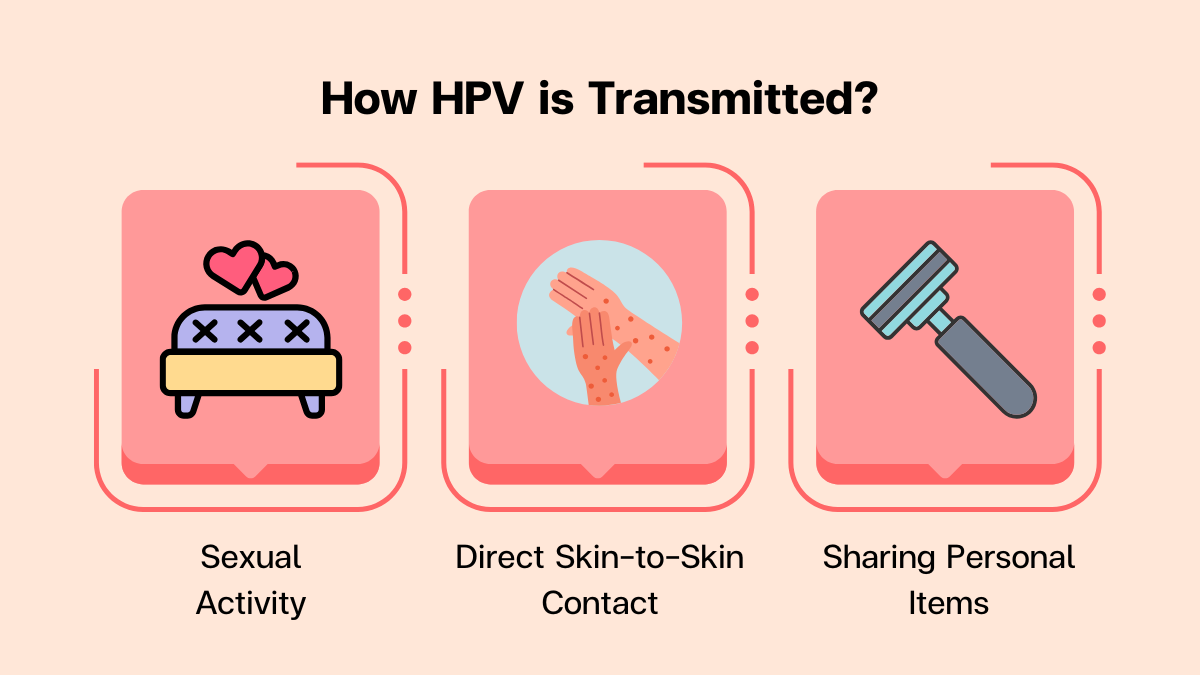
HPV often causes no symptoms, which makes regular awareness essential. When symptoms occur, they may include:
-
Small growths in sensitive areas
-
Respiratory papillomatosis (growths in the airways)
-
Oropharyngeal cancers (throat, tongue, or tonsils)
Most infections resolve naturally, but persistent high-risk strains can lead to serious conditions, underscoring the importance of prevention and monitoring.
The Emotional Impact
Beyond physical health, HPV can affect mental well-being. Men who test positive may experience anxiety or shame, often due to misinformation and stigma.
Reducing stigma: Understanding that HPV is extremely common helps remove unnecessary shame.
Encouraging openness: Honest discussions with partners build trust and shared responsibility.
Supporting mental health: Education and counseling can help individuals cope calmly and confidently.
Prevention Strategies for Men
1. Vaccination
Vaccination is the most effective way to prevent HPV-related diseases.
-
Recommended age: 11–12 years
-
Catch-up vaccination: Up to age 45 for those not previously vaccinated
-
Effectiveness: Proven safe and highly effective against major high-risk strains
2. Safer Practices
Using protection during intimate contact lowers risk, though not completely, since HPV can spread through uncovered areas.
3. Regular Checkups
There is no routine HPV test for men, but regular medical visits allow for early detection of related conditions.
4. Strengthening Immunity
A healthy immune system helps clear HPV naturally. Eat well, exercise regularly, manage stress, and avoid smoking.
5. Open Communication
Discussing health honestly with partners promotes responsibility and reduces fear or stigma.
Common Myths About HPV
Myth 1: HPV only affects women.
Truth: Men can also develop HPV-related conditions.
Myth 2: No symptoms mean no infection.
Truth: Many infections are silent but still contagious.
Myth 3: Only people with “risky” lifestyles get HPV.
Truth: Almost everyone encounters HPV at some point in life.
Myth 4: Men don’t need the vaccine.
Truth: Vaccination benefits everyone and helps reduce virus spread overall.
FAQs About HPV in Men
Q1: Can men be tested for HPV?
There is no standard screening test. Doctors check for visible signs or related cancers.
Q2: Does HPV always cause cancer?
No. Most infections clear naturally; only persistent high-risk strains can lead to cancer.
Q3: If vaccinated, am I fully protected?
Vaccines cover the most harmful strains but not all types, so healthy habits remain important.
Q4: How long does HPV stay in the body?
Usually 1–2 years, but some infections persist longer.
Q5: Can HPV return after clearing?
Reinfection is possible through new exposure; vaccination helps lower this risk.
Living With HPV Awareness
Most HPV infections cause no lasting harm. With vaccination, safer habits, and regular medical care, men can greatly reduce risks.
Living with awareness doesn’t mean living in fear. It means staying informed, making wise choices, and helping protect the broader community.
Through education and open discussion, we can remove stigma and strengthen prevention efforts.
✅ Key takeaway: HPV is common but largely preventable. Awareness, vaccination, and responsible habits are the best defenses—for both men and women.
News in the same category

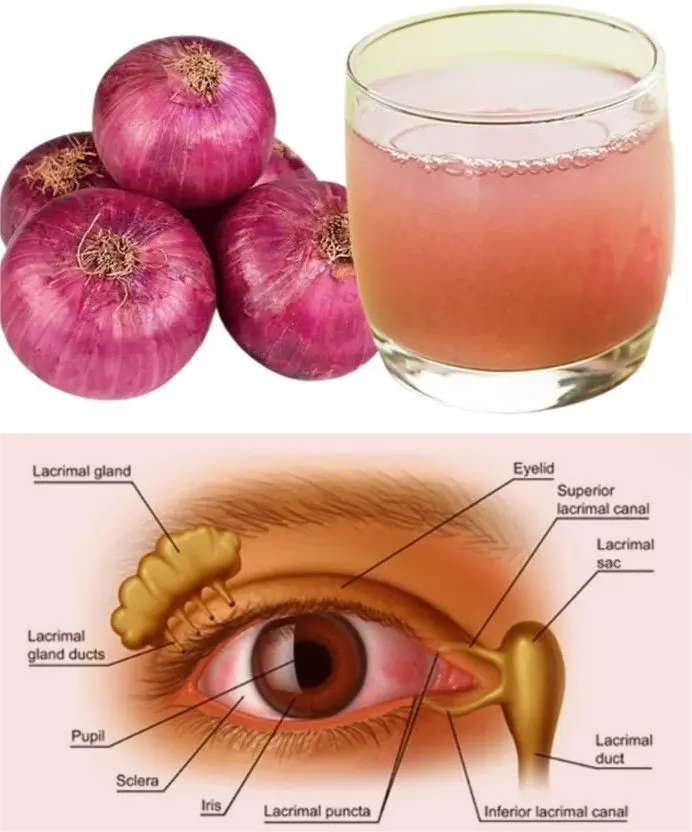
Can Onion Juice Gently Support Eye Health? A Natural Tip to Try

Bed Bugs Hate This! How Diatomaceous Earth and Cloves Can Wipe Them Out
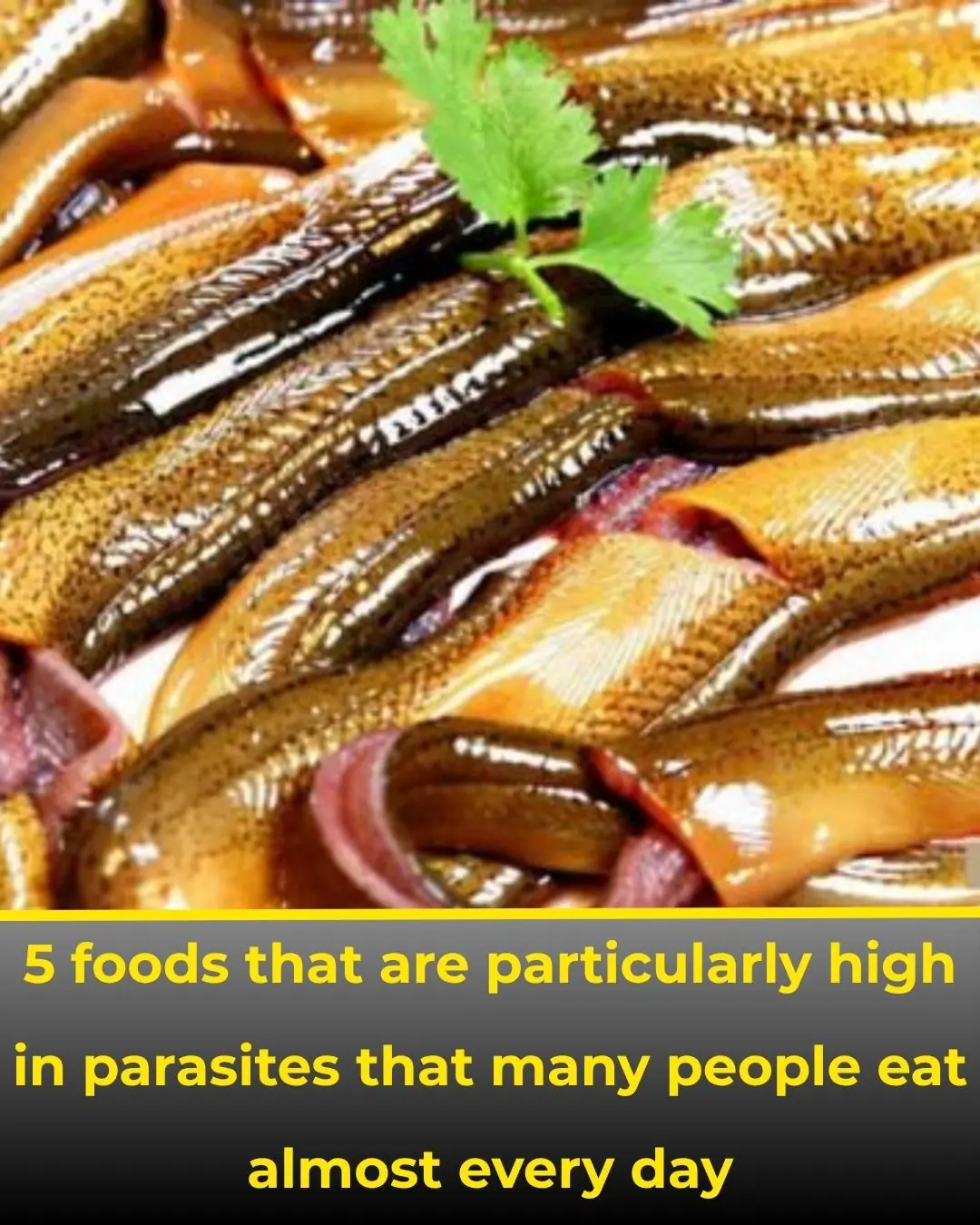
5 Common Foods That Often Contain Parasites — Many People Eat Them Daily
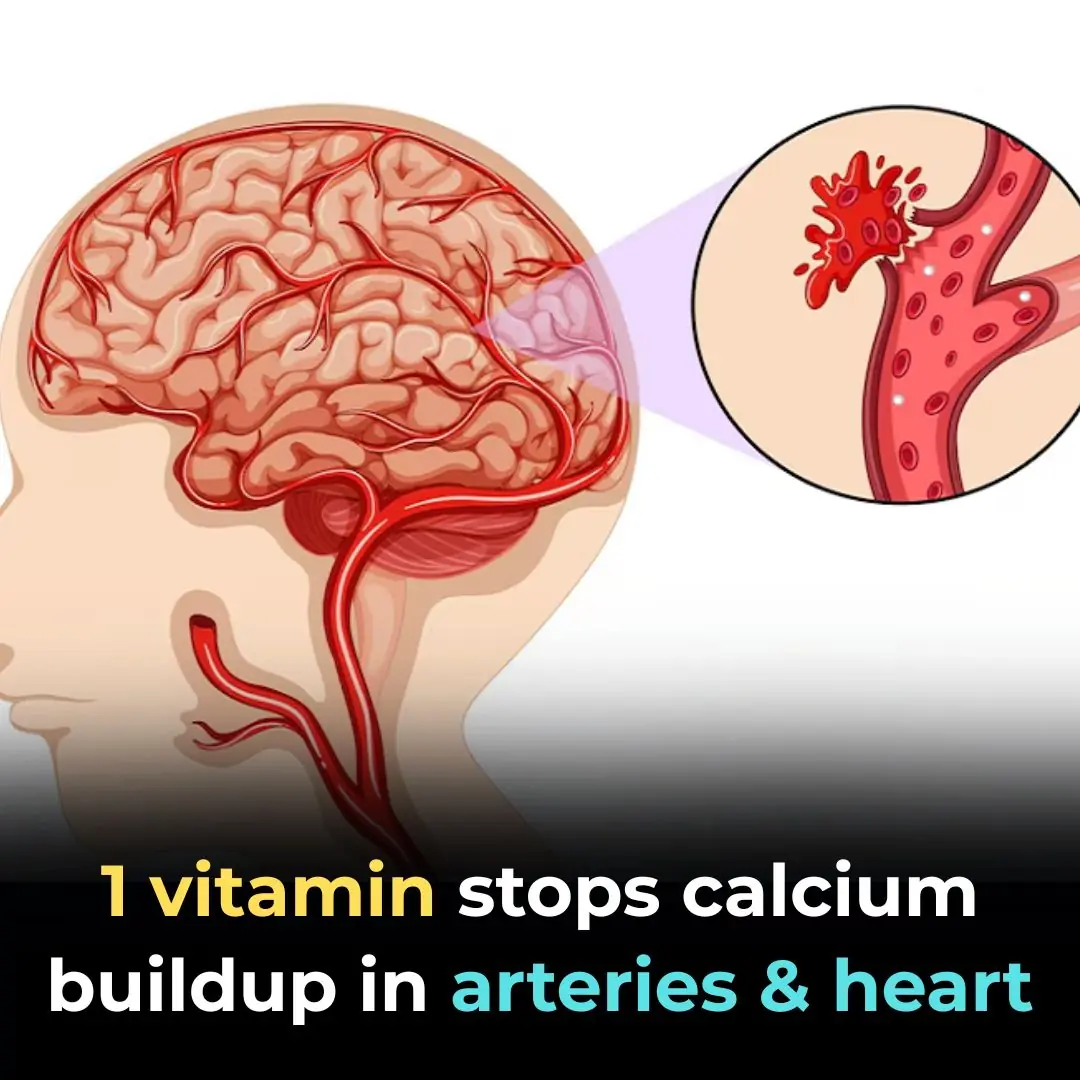
1 Vitamin Stops Calcium Buildup in Arteries and Heart

Why this doctor refuses to prescribe statins for high cholesterol

Vegetables for people with diabetes need to know
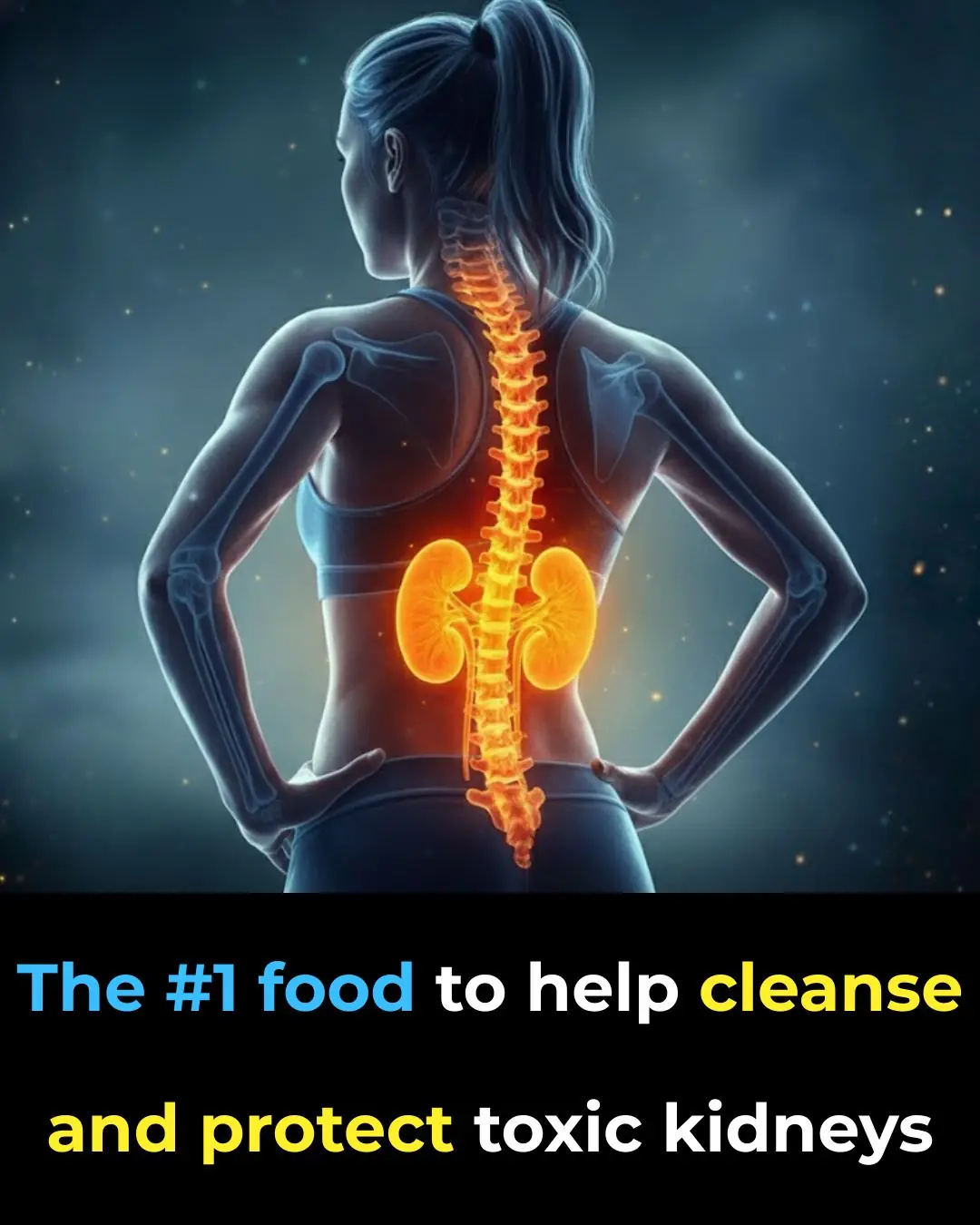
The #1 food for toxic kidneys
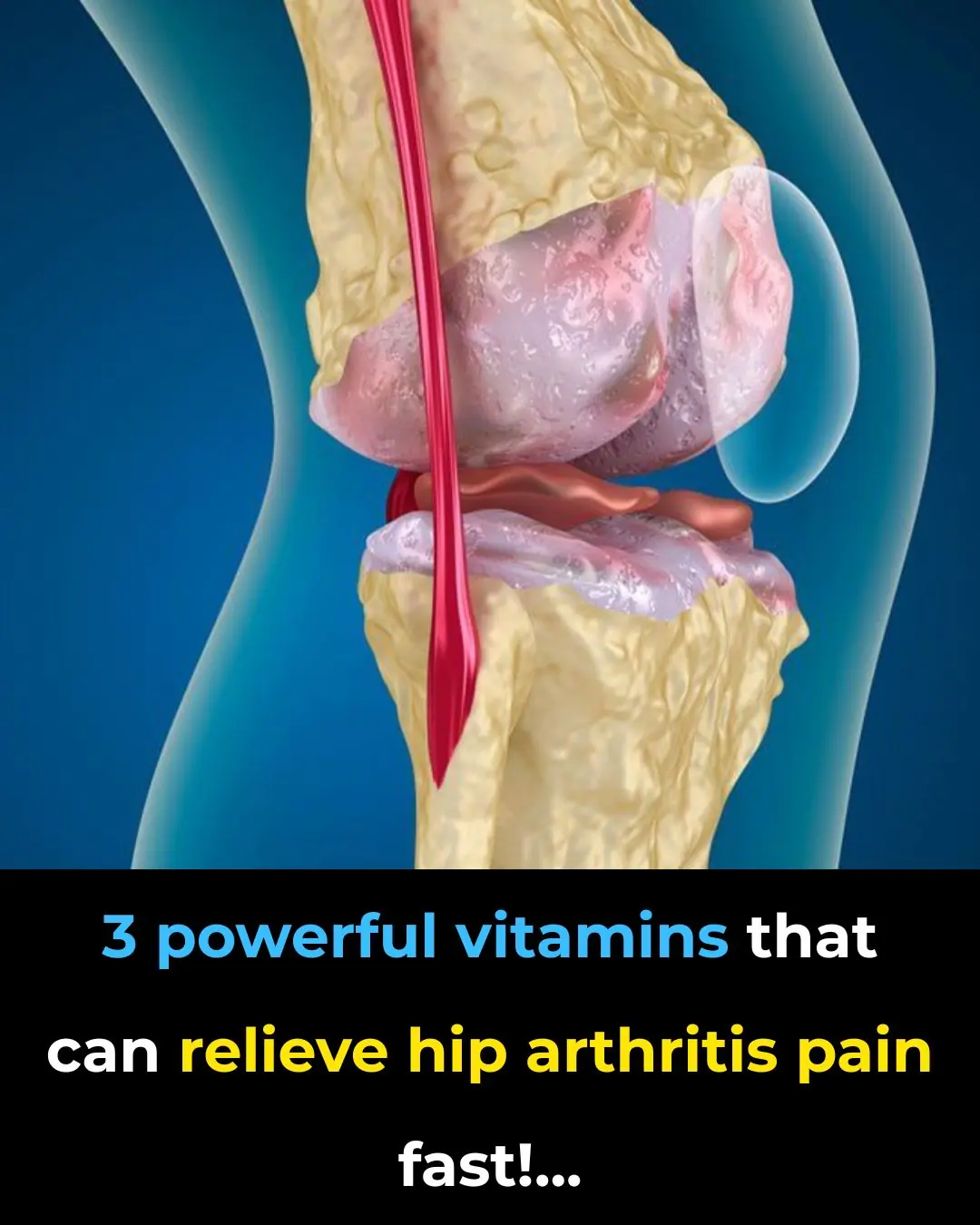
Top 3 Vitamins for Hip Arthritis – Say Goodbye to Hip Pain
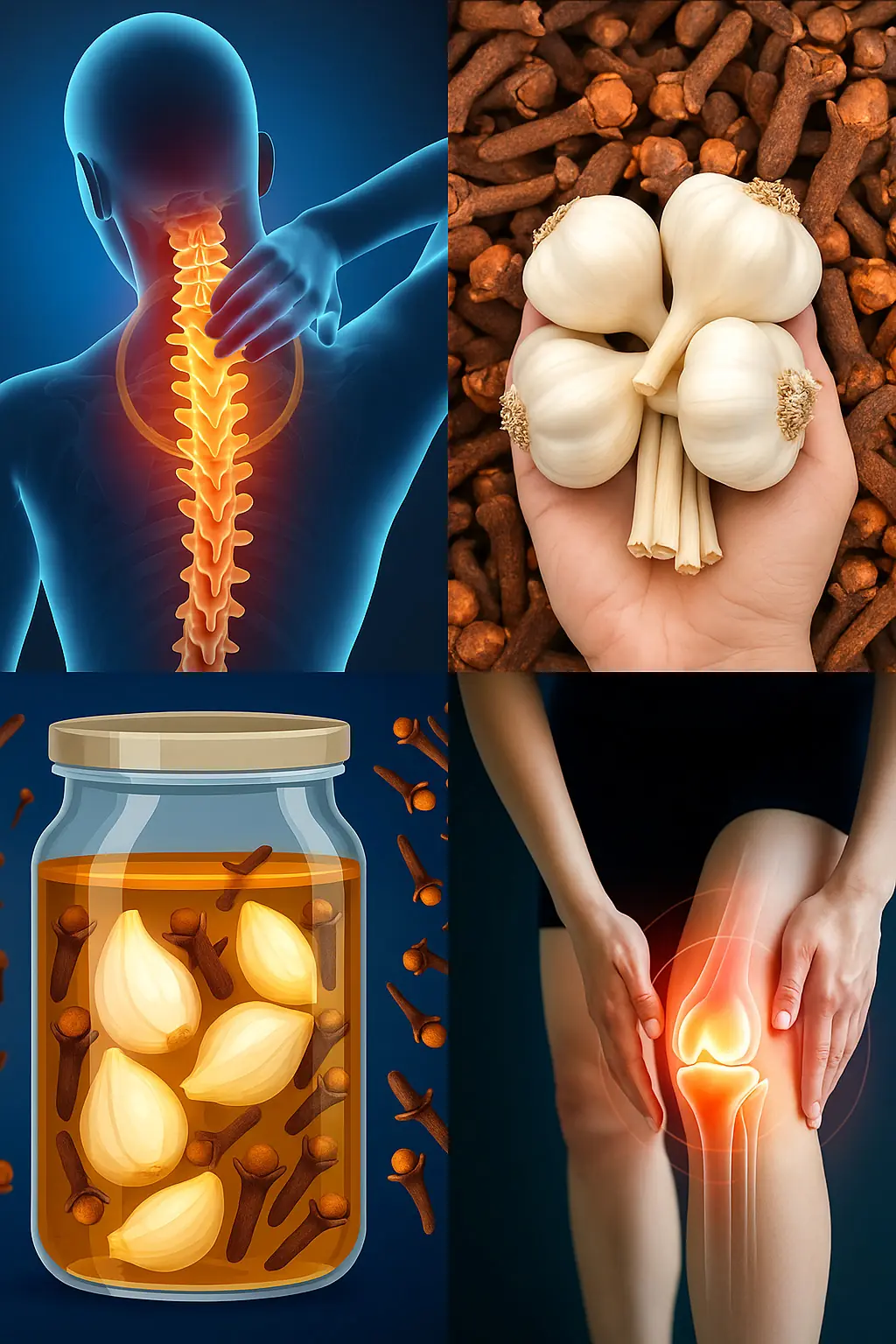
Garlic & Cloves: The Natural Remedy for Varicose Veins and Circulation

5 foods that heal your body and STARVE cancer—eat these now!
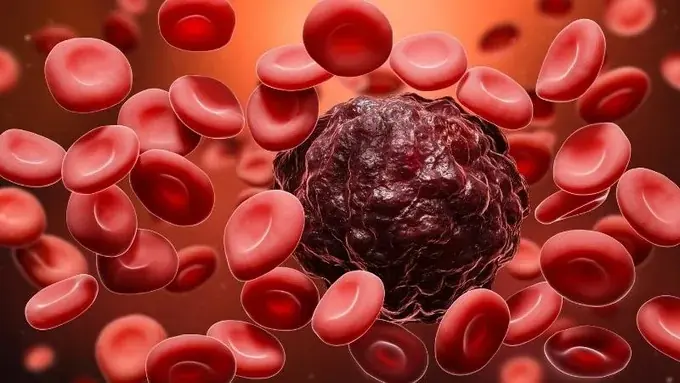
Diagnosed With Terminal Cancer That Spread to Her Brain, the Woman Broke Down in Tears After Learning the “Culprit” Came From Her Own Family

The Impressive Health Benefits of Guava Fruit and Leaves & How to Eat Guava (Evidence Based)
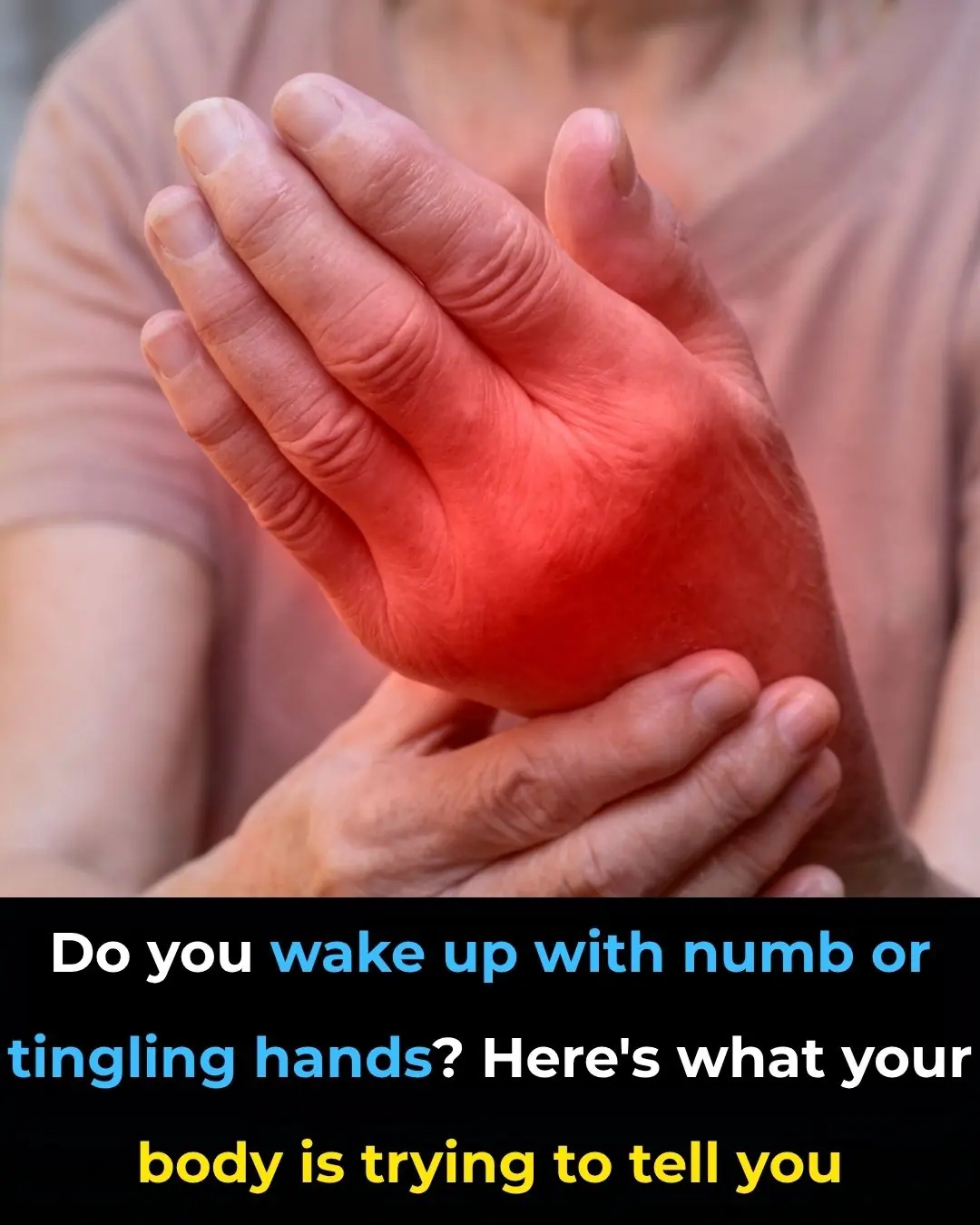
Do You Wake Up With Numb or Tingling Hands? Here's What Your Body Is Trying to Tell You

How to Control Blood Sugar Levels with a Boiled Egg
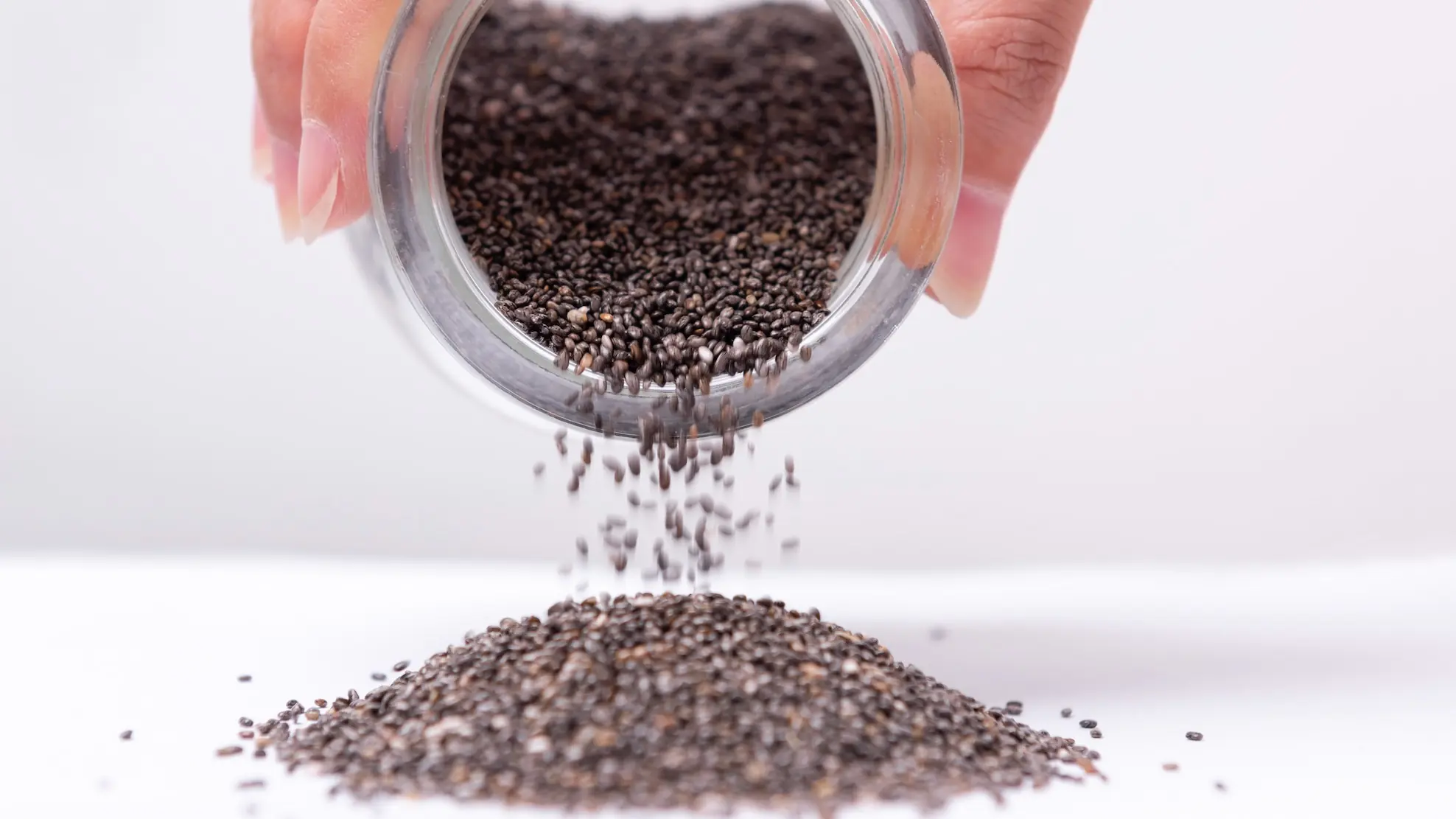
I started adding chia seeds to my breakfast every day — and within a week, I noticed some surprising changes

4 powerful vitamins that help protect you from cancer—start today!

What Happens When You Take 1 TBSP of Apple Cider Vinegar For 60 Days

The #1 Food to Unclog Your Arteries Naturally
News Post

Meet Mary J. Wilson, The First Black Senior Zookeeper At The Maryland Zoo

Meet the Black Woman Who Created a Nail Polish Line That Caters to Darker Skin Tones
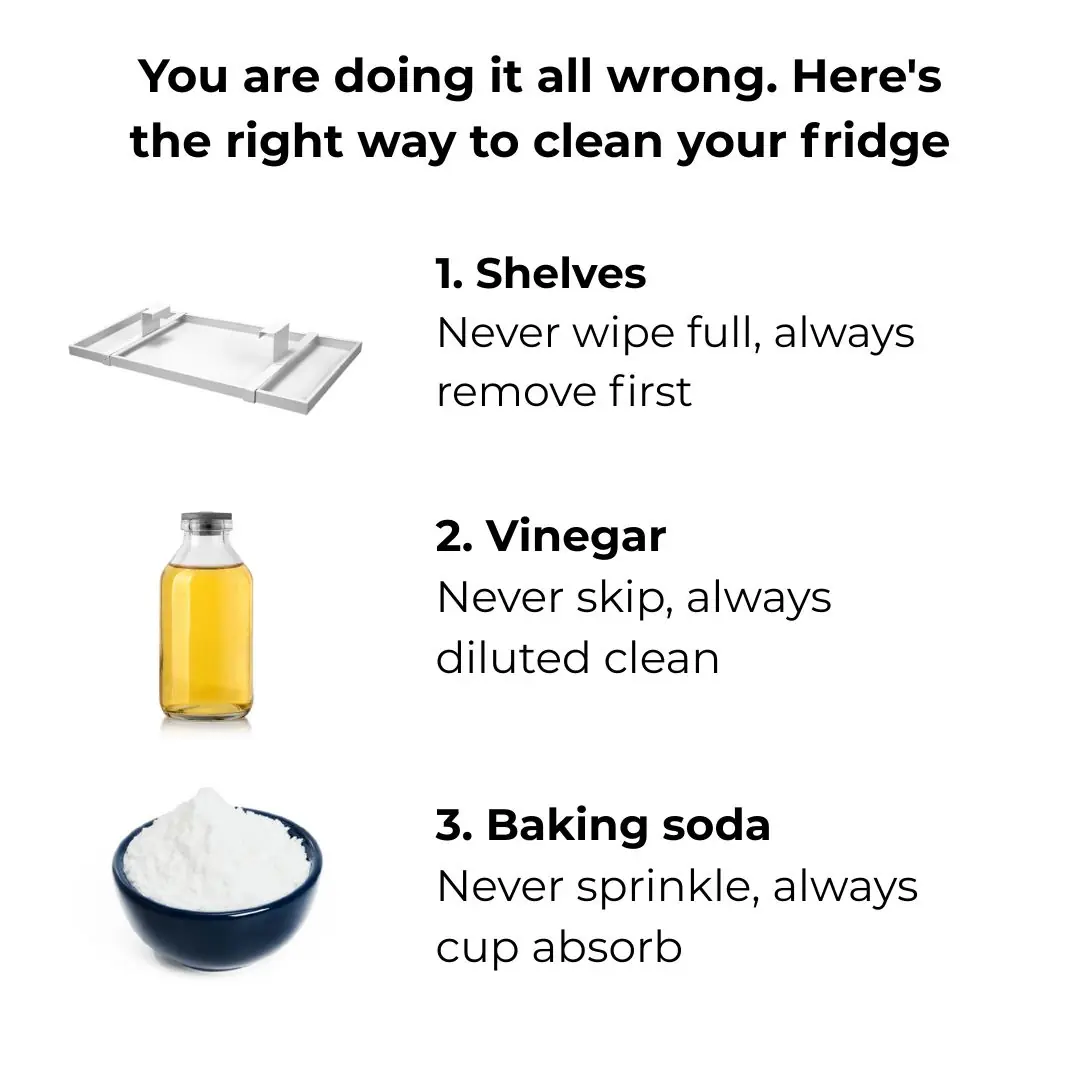
You are doing it all wrong. Here's the right way to clean your fridge

Meet the Compton Teacher Who Sparked Kendrick Lamar’s Love for Words

Stop throwing out silica gel packets. Here are 12 brilliant ways to use them around the house
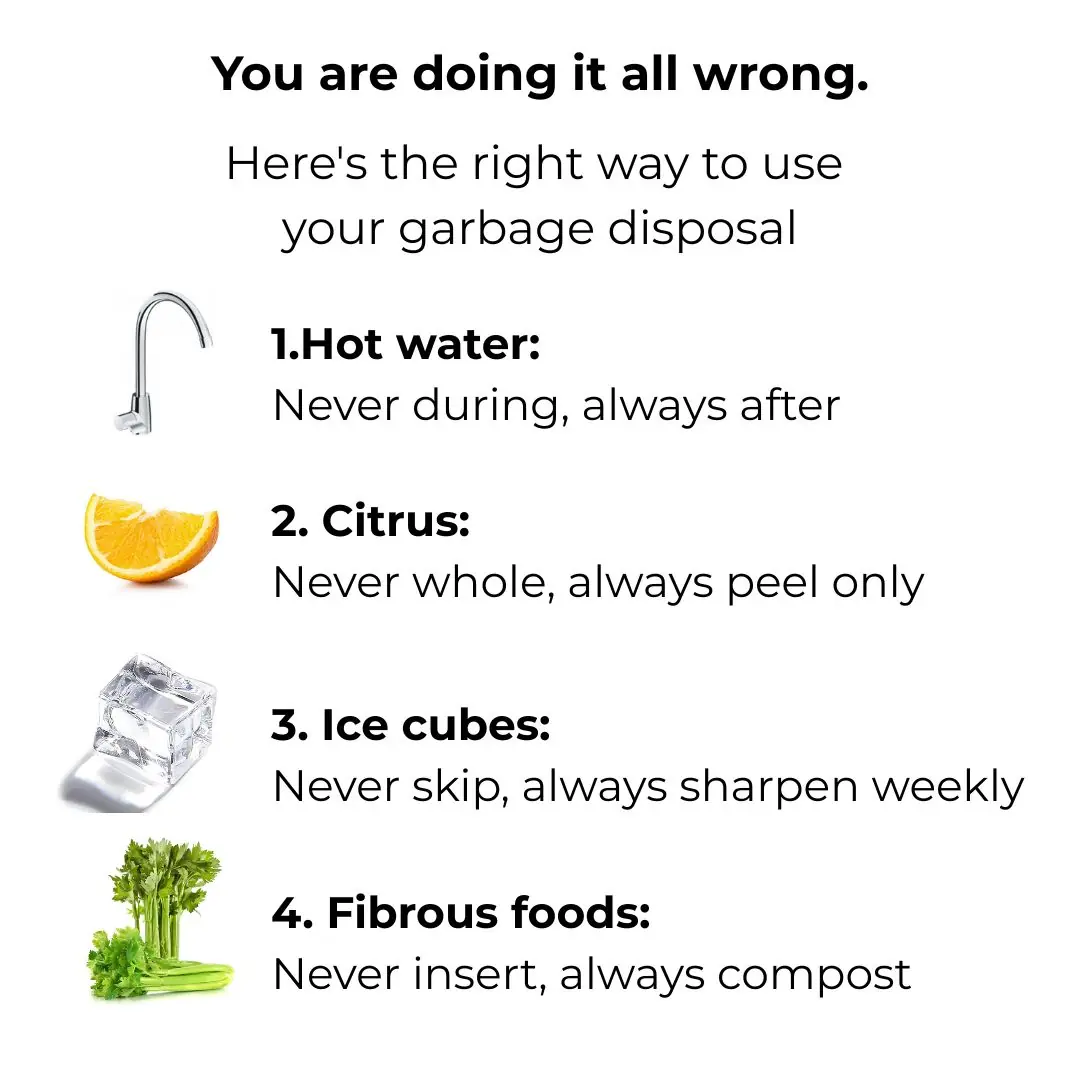
You are doing it all wrong. Here's the right way to use your garbage disposal

Autumn Lockwood Is The First Black Woman To Coach In The Super Bowl

My nana sure was a clever woman!

60-Year-Old Janitor Who Feeds More Than 1,000 Locals Weekly Is Surprised With A Car

Meet James Hemings, the First French-Trained Black Chef Who Introduced These 4 Popular Dishes to Americans

Nostradamus’s Predictions About Cats In The Home

What Your Belly Is Trying to Tell You

Aloe Vera Sleeping Mask For Clear Skin

Japanese Secret Behind Crazy Hair Growth

Revitalize Your Hair With This Natural Keratin Mask: The Ultimate Fenugreek Hair Treatment

Coffee For Instant Skin Brightening

Can Onion Juice Gently Support Eye Health? A Natural Tip to Try

Bed Bugs Hate This! How Diatomaceous Earth and Cloves Can Wipe Them Out
